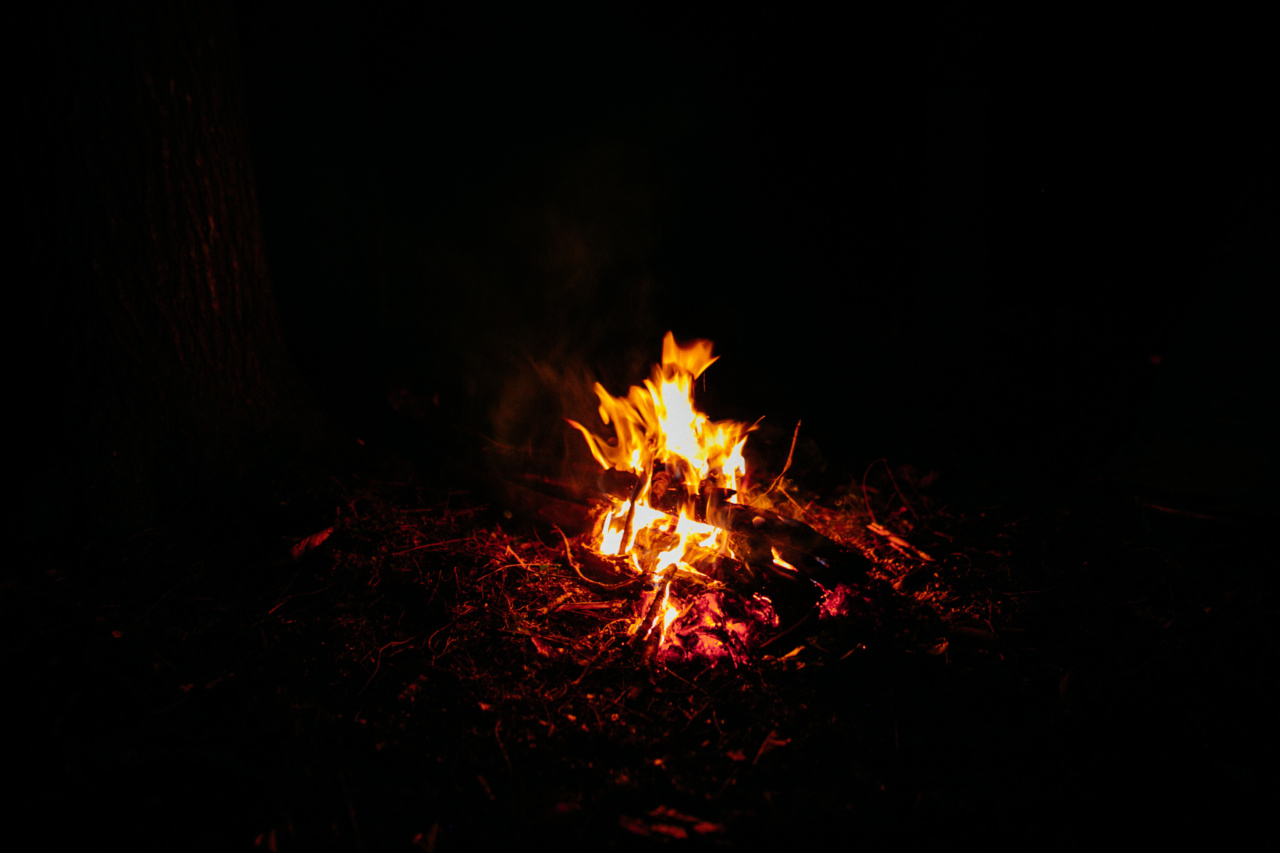Hot flashes, also known as hot flushes, are a sudden feeling of warmth that spreads across your body, often with sweating and a rapid heartbeat.
They are a common symptom of menopause, but they can also be caused by other factors such as stress, anxiety, and certain medications.
Symptoms of Hot Flashes
The symptoms of hot flashes vary from person to person, but they often include:.
- A sudden feeling of warmth that spreads across your body, particularly in your face, neck, and chest.
- Sweating, sometimes profusely
- Chills, shivering, or cold sweats
- Rapid heartbeat
- Dizziness or lightheadedness
- Nausea
Natural Remedies for Hot Flashes
1. Black Cohosh
Black cohosh is a natural supplement that has been shown in some studies to reduce hot flashes. It is derived from the root of a plant native to North America.
Although the exact mechanism is unknown, black cohosh may mimic the effects of estrogen in the body.
2. Soy products
Soy products such as tofu, soy milk, and soybeans contain compounds called phytoestrogens that may help reduce hot flashes. Phytoestrogens are similar to the estrogen produced by the body, but they are weaker and have a gentler effect on the body.
3. Flaxseed
Flaxseed contains lignans, which are compounds that can help balance the levels of estrogen in the body. Some studies have found that flaxseed can reduce the frequency and severity of hot flashes.
4. Yoga
Yoga has been shown to help reduce the frequency and severity of hot flashes. It may also help reduce stress and improve overall well-being.
5. Meditation
Meditation can help reduce stress, which is often a trigger for hot flashes. It can also help improve sleep and reduce anxiety.
6. Acupuncture
Acupuncture is a traditional Chinese therapy that involves inserting thin needles into specific points on the body. Some studies have found that acupuncture can significantly reduce hot flashes.
7. Exercise
Regular exercise can help reduce the frequency and severity of hot flashes. It can also help improve overall health and well-being. Aim for at least 30 minutes of moderate-intensity exercise most days of the week.
8. Dress Appropriately
Dressing in layers can make it easier to remove clothing when you become overheated. Choosing lightweight fabrics that breathe well can also help keep you cool.
9. Stay Hydrated
Drinking plenty of water and other fluids can help reduce the severity of hot flashes. It can also help prevent dehydration, which can be a concern during hot weather or when you are sweating excessively.
10. Avoid Triggers
Identify the things that trigger your hot flashes and try to avoid them when possible. Common triggers include spicy foods, caffeine, alcohol, and hot drinks.
Conclusion
Hot flashes can be a frustrating and uncomfortable symptom of menopause, but there are many natural remedies that can provide relief.
If you are experiencing hot flashes, consider trying some of the remedies listed above, and talk to your healthcare provider about other options that may be right for you.






























